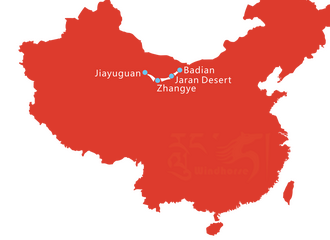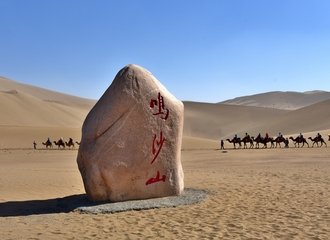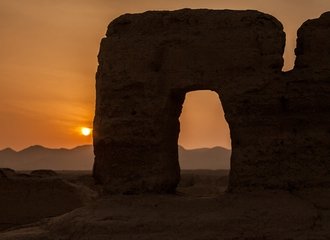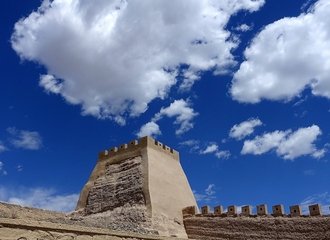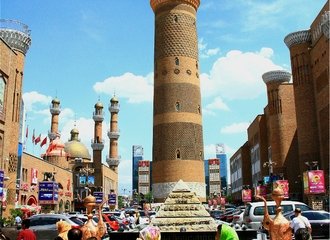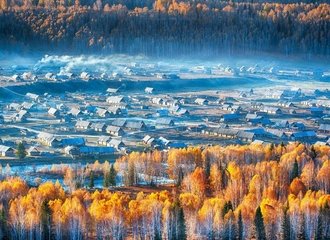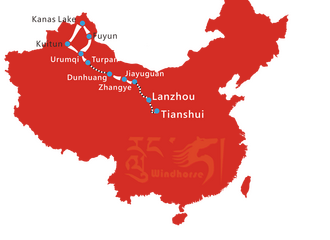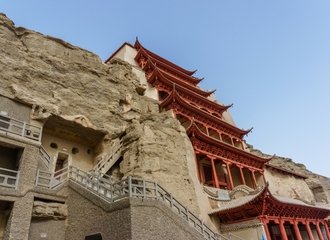Lugu Lake Mosuo people and the culture
Lugu Lake, a body of water deep in the mountains between Yunnan and Sichuan provinces in Southwest China, is known for its peculiar natural scenery and the unique, mysterious culture of the Mosuo people.
The place has become something of a legend because of the matriarchal system that it still upholds even today. This is the only place in China that still abides by this system. Women are the top leaders of the community's extensive families, and all family members are descendants of the same woman. There are no husbands and fathers here - lovers meet at night but live separately with their own mother's families by day.
Home Visit
Zu wu or Grandmother's room
Tourism has change d the community dramatically, with many people developing their homes into small hotels. One thing that has not changed is the zu wu, or grandmother's room. This is the sitting room, where the whole family gather around the fireplace each night to discuss family events and arrange the next day's work.
Before enter, must bow slightly in courtesy to show you respect to their ancestors. In the middle of the room, there is a square fireplace, with an iron rack for standing the kettle. On the desk in the front of the fire are the memorial tablets of the ancestors. The fire must not die out for it represents the fortune of the family, usually it had been lit for several generations. Actully the fire was once used for cooking all the food, but now families have its own kitchen and they use it now simply for boiling water.
There is a seating rule in Mosuo culture. The women, with the grandmother at the head, sit on the right of the fire, while the men, led by the eldest uncle, sit on the left. In front of the fire two wooden pillars represent the women on the right, the men on the left.
When the children reach 13 years old, their families hold a cheng ding ceremony under one of the pillars according to their gender, to celebrate that they have become adults. The ceremony indicates that from then on, they are mature enough to choose their lovers and start 'visiting marriages,' or having ***. After cheng ding, girls will have their own separate bedrooms in the so-called 'flower building.' The boys still live in zu wu with the grand family because in many cases they will not spend their nights at home, but with their lovers and men must return to their own houses around dawn.
The most unique characteristic of the Mosuo culture - Visiting marriage
They are based on the feelings of the lovers, and once they fall out of love, bid farewell peacefully and find another suitable partner. Mosuo people choose their partners very carefully. They claim it is not as casual as outsiders assume. When a couple first fall in love, the boy visits the girl's family to obtain tacit approval from the grandmother before he can start sleeping with her.
A young couple are not supposed to bed a third person at one time - so love affairs should really end before new ones begin. This is necessary to maintain the good name of the family they belong to, and prevent sullying the names of their brothers and sisters. And they stick to it, because they know they have to bear the whole family in mind, not just themselves.
The Mosuos believe that since this so-called 'visiting marriage' system does not need registry, there is never any dispute over property, and the act is really a signal of their love. Now there are still some people do choose to register their marriages.
Couples involved do not live together, the uncles of the mother's family play the role of father and help bring the children up. All the women in the mothers' family help take care of the child, sometimes the child has difficulties knowing which is the real mother. If a woman does not have a child of her own, the whole family will support her when she gets old.
when each child is a month old, a grand party is held to celebrate who is the natural father. Mothers of all families will attend the gathering and are told the truth.
The 'visiting marriage' system could lead one to think the Mosuo people are very casual about ***. In fact, *** is very rarely talked about in public, especially in the presence of people of a different gender.
As China has opened up, the Mosuo people have had more and more contact with outsiders. They are as eager to know about life beyond the mountains as the tourists are to know about their own lives. Some of the younger generation have left their traditional homes to try out the life outside, but many have returned after trying it for a few years. The longer they stay outside, the more they cherish their own Mosuo culture.


